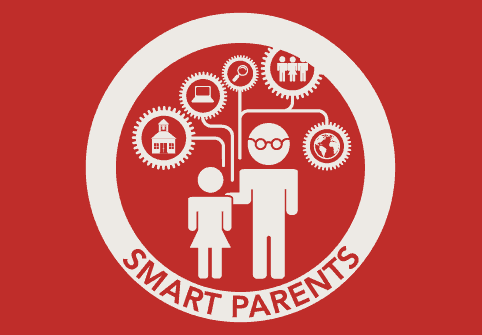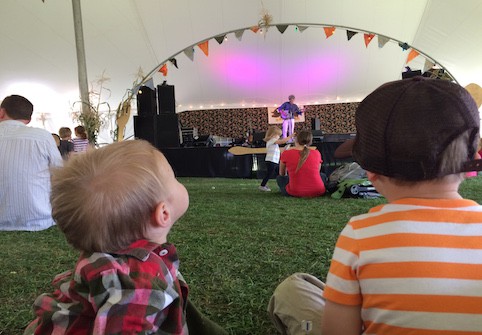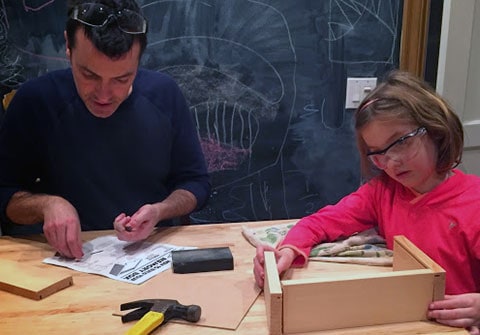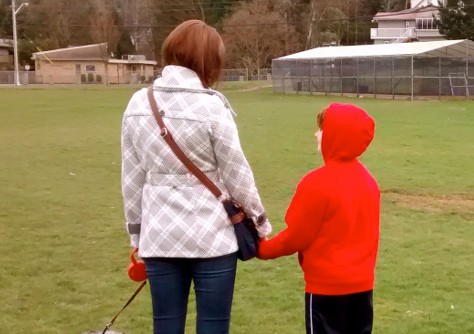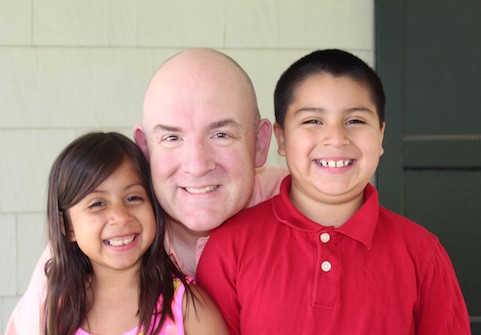Smart Parents
We spend a lot of our time creating and sharing resources for educators and parents (who are often one and the same audience). Time and time again, we observe that families are left out of the equation when it comes to determining the primary audience for education reports, papers and articles—even though they are among the hungriest for informed opinions that can help them. Smart Parents is a blog series for parents, by parents who are navigating educational opportunities + making powerful decisions for and with their students. Learn more in Smart Parents: Parenting for Powerful Learning.
Family, Teacher Comms 101: 4 Simple Ways To Build Better Relationships With Your Child’s Teachers
By Jenna Kleine: As part of our Smart Parents series, Jenna, who works with families and teachers in her role at Class Dojo, writes about ways to streamline the communication between schools and families.
Why I Hate Pink: Abandoning Gender Stereotypes
Caroline explores gender stereotypes and parenting. She argues we should ignite passions, teach children to always be learning and help them see the world of choices available.
Power of Play: Applied Knowledge, Engaged Learning
By: Greg Young. Learning starts early, and for this father of two, Greg Young, an experienced educator, writes that he and his wife are considering various education options for their two sons based on the foundations of student-centered learning. Greg also highlights the importance of play and the role of technology in the learning process and that both help to direct highly personalized learning experiences focused on the child's interests.
10 Strategies to Help Children Define Success for Themselves
By: Ryan Mahkani. In this article for our Smart Parents blog series, Ryan offers parents some strategies to help children learn to define the word "success." Asking questions, listening to the answers, and getting to know your child's unique passions are some of the suggested tips.
The Power of Parenting with Social and Emotional Learning
By: Jennifer Miller. As part of our Smart Parents series, Jennifer shares personal stories about her son and provides information about ensuring children develop social and emotional learning skills. Recommendations include strategies for building social and emotional learning at home, advocating for children at school, and partnering with schools.
10 Ways To Inspire A Love Of Learning
Instead of “sneaking learning” inside of educational games and activities, what if instead we had conversations with our kids about what piqued their curiosity, what they wanted to know more about, what they wanted to experience and how they could share what they had learned? Here are 10 recommendations for being intentional about inspiring lifelong learners, based on experiences from our family.
I Am “That” Parent
By: Karen Copeland. In this article, Karen Copeland talks about the challenges she has experienced in supporting her son through his educational journey. She writes that she is "that" parent who is doing whatever she can to help navigate systems to ensure her son has access to high quality learning experiences.
Vanessa’s Journey: Empowering Special Education Through Technology
By: Karla Phillips. Karla provides context around how technology aids learning especially for students in special education. She advocates for greater use of technology based on personal experiences with her own daughter.
In Defense of Liberal Arts AND Employability
A liberal arts degree can be a great foundation for work and life. Students pursuing a liberal arts degree should build a portfolio of work based learning evidence and have a first job in mind approach graduation. Likewise, students aiming for technical employment shouldn’t be shortchanged when it comes to skills that will power lifelong learning and opportunity.
What Relationships Drive Learning? Try Fathers
By: Patrick Riccards. As part of our Smart Parents series, Patrick Riccards, author of the memoir Dadprovement, writes about the roles that fathers can play in learning and parental engagement more generally. He makes a strong case for active parenting, and writes that seeing fathers in the classroom (and learning alongside their kids) should be the norm, not the exception.



